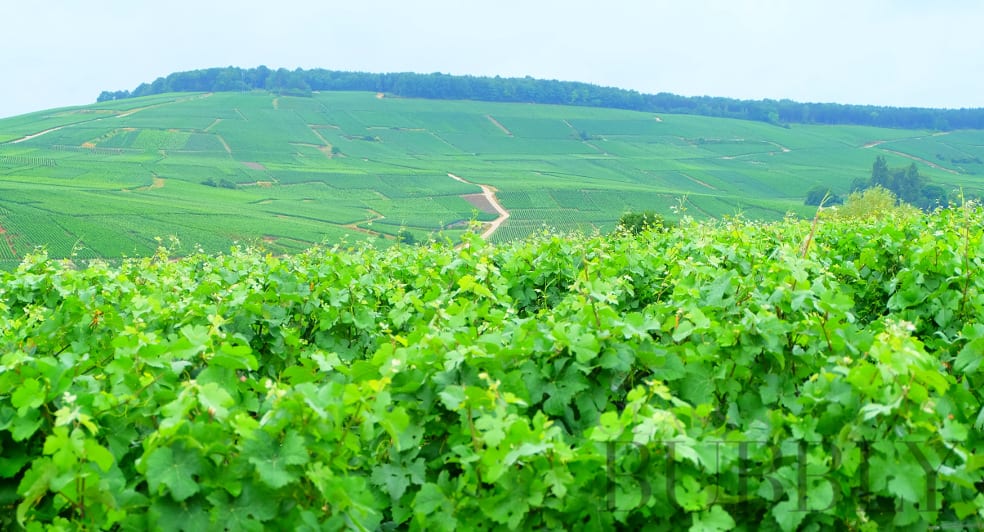Pierre-Mary Bachelet: A Potentially Sustainable Future for the Champagne Industry
15th June 2023

Pierre-Mary Bachelet, president and CEO of Bachelet Holdings, has a long pedigree in the Champagne industry. His grandfather Paul Bachelet started producing Champagne from his vineyard in 1935, with Bachelet Champagne served in the world’s finest restaurants today. This article will look at the ecological impact of Champagne production, exploring efforts to make the industry more sustainable.
Global Champagne sales reached $6.5 billion in 2022 according to Vogue, with this record high largely driven by a post-pandemic travel boom combined with the manifestation of long-delayed celebrations. With growers throughout French winemaking regions now bottling upwards of 300 million bottles annually, more than ever before, increasing numbers of winegrowers are placing a keen focus on sustainability.
Over the past few decades, climate change has made itself felt with increasing frequency and tenacity, with rising temperatures and extreme weather events impacting harvests in countries all over the world. Major wine houses have started looking beyond French borders, with some even investing in vineyards in Kent, England, where the temperature and terroir (land) is said to replicate that of the French region decades ago.
Nevertheless, as any wine enthusiast will be keen to point out, true Champagne is only made in one place. Indeed, sparkling wines produced beyond the borders of this world-famous winegrowing region cannot call themselves Champagne, thanks to its protected designation of origin.
The Champagne region is a UNESCO World Heritage Site that encompasses some 16,000 growers. Over the years, it has become intertwined with the hospitality industry, with inns, restaurants and hotels popping up across the region. One of the most famous of these is Relais & Châteaux, a brand that operates several restaurants and hotels in the Champagne region.
In 2022, Relais & Châteaux published its first sustainability report, which examined the brand’s impact on the environment, establishing a series of ambitious goals for coming years that revolved around promoting biodiversity and reducing its net carbon footprint.
Today’s consumers are becoming increasingly socially and environmentally conscious, seeking out labels that demonstrate a respectful approach to the environment and backing brands that have adopted a responsible approach to viticulture. Take for example Telmont, a 111-year-old winehouse that published its first sustainability report in January 2023 – outlining the goal of becoming a climate-positive champagne house by 2030 and becoming net positive by 2050. The house is also currently working towards 100% organic agriculture, with 60% of its estate and winegrowing partners already certified organic or in the process of converting.
As with many other industries, the Champagne-making sector is rising to meet changing consumer demands, ensuring the productivity and sustainability of the Champagne region’s vineyards – culminating in a viticulture industry that is not only capable of producing sufficient quantities of grapes but is also in balance with the ecosystem.
![]()
Glass of Bubbly Content
Content shared by this account is either news shared free by third parties or advertising content from third parties and affiliations. Please be advised that links to third party websites are not endorsed by Glass of Bubbly Ltd - Please do your own research before committing to any third party business promoted on our website.
